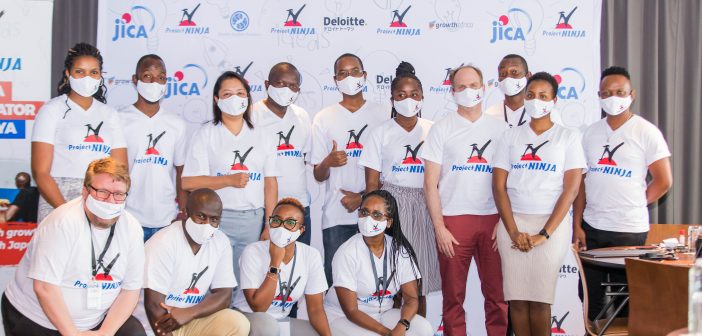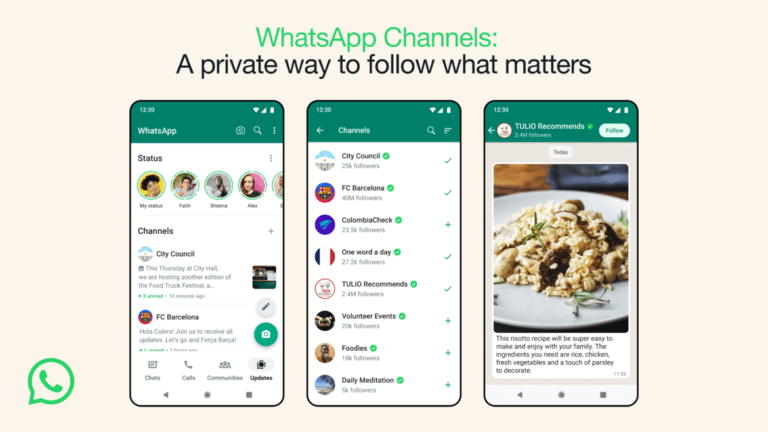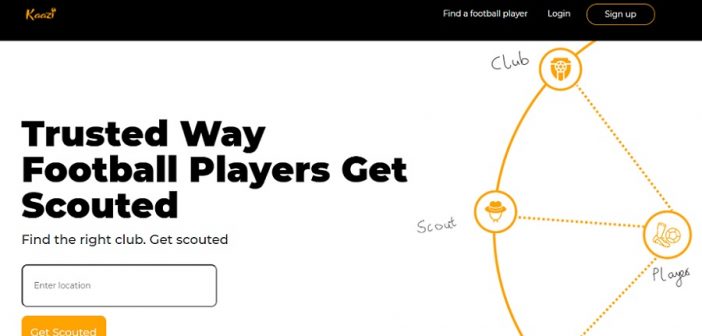Zoom is adding live translation services, Zoom Whiteboard, and other new features

Written by Janet John
Video conferencing platform Zoom, is continuously creating new features to help users connect with teams and customers, share ideas, and get more done together.
The company plans to expand its support for automatic live transcriptions with the addition of live translation, among other new changes coming to the platform. The company made the announcement today at its Zoomtopia conference.
The company said in a blog post, “We’re committed to removing the barriers to effective and dynamic communication, and as part of that commitment, we’re planning to extend Zoom’s automated transcription to 30 languages and add live translation to 12 languages in the next year.
Zoom connects users across the world, and this expansion of our transcription and translation features will help to overcome the language barrier that can prevent dynamic communication and collaboration.”
Users will be able to interact with a virtual whiteboard just as they would have in person. The company is also teaming up with Oculus from Facebook to build a Zoom Whiteboard integration for Oculus Horizons Workrooms, which will allow users to access and annotate a whiteboard within a virtual reality environment.
Other exciting features coming to zoom this month
“Next slide, please”: This feature is similar to a remote-control setting. Multiple users can control the slides on a zoom call thereby eliminating the need for a verbal cue.
Waiting Room two-way chat: The meeting host can now update meeting participants all at once with messaging capabilities in the Waiting Room.
Cloud Storage Integrations with Office Suite: Zoom also plans to release native integrations with more cloud-storage tools, including SharePoint and Box, later this year, so users can easily share and collaborate on documents from the Zoom client without hopping between applications.
Backstage: Zoom is adding the green room to the virtual space with the Backstage feature, which gives speakers, panelists, and production support a centralized space where they can respond to Q&A, monitor chat, or mingle before going live.







